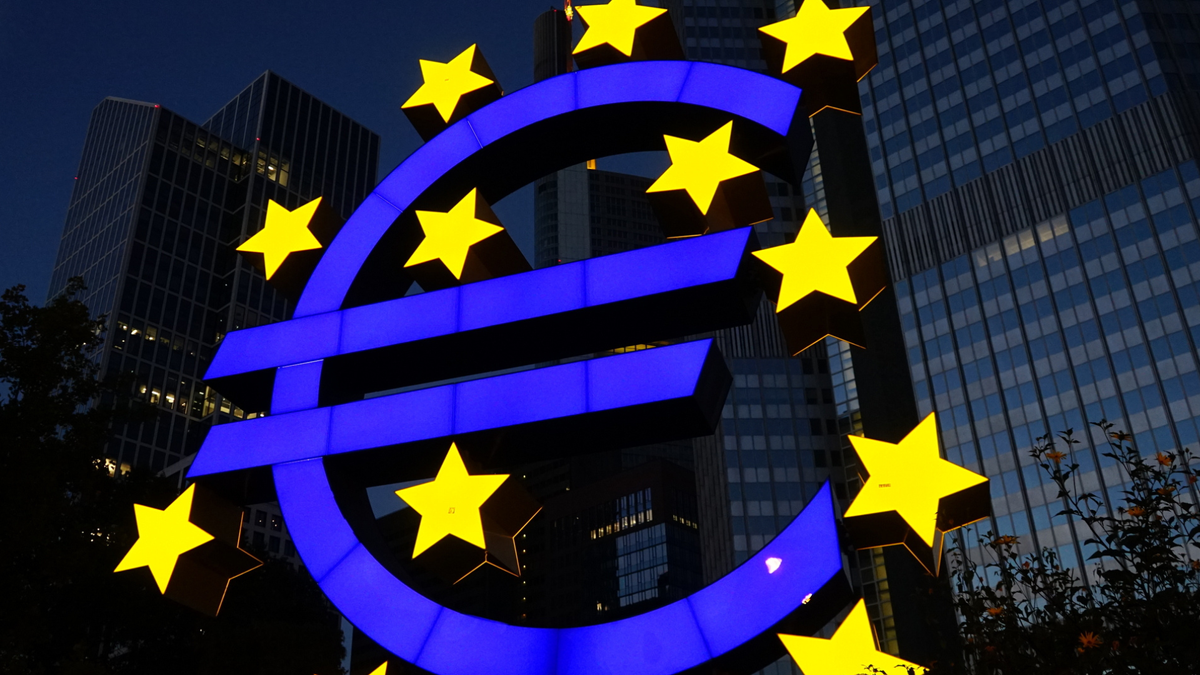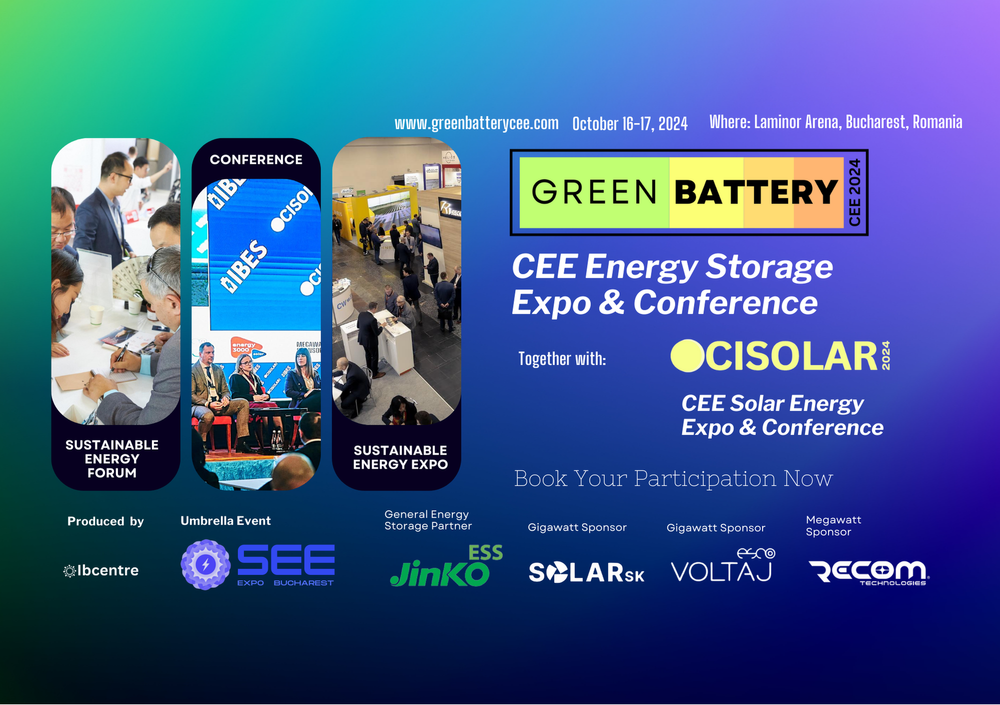Zgorzelec and Görlitz Secure EU Funding for Cross-Border UNITED HEAT Project

Zgorzelec and Görlitz are set to implement the joint UNITED HEAT project, aimed at decarbonizing heat supplies in both cities. The project recently received support under the Connecting Europe Facility (CEF). UNITED HEAT will foster close Polish-German cooperation to achieve climate neutrality for heating networks on both sides of the Neisse River.
In February, the European Commission received a funding application from SEC Zgorzelec (part of the E.ON group) and Stadtwerke Görlitz. The European Executive Agency for Climate, Infrastructure and Environment (CINEA) selected UNITED HEAT for financial support last week.
The project will receive over EUR 19 million in CEF funding:
- EUR 4.8 million: For preparation and technical research, including designing and obtaining permits for renewable energy plants, new network routes, and thermal energy storage.
- EUR 14.5 million: For construction and commissioning of a biomass heating plant in Zgorzelec and a heating network connecting Königshufen in Görlitz with its sewage treatment plant.
"We are very pleased with the approval of these funds by the European Commission. This is a clear sign that the EU appreciates the importance and supra-regional attractiveness of our project," said Octavian Ursu, Mayor of Görlitz. Rafał Gronicz, Mayor of Zgorzelec, added, "The will and commitment of all those working on the project paid off, and we see that it is possible!"
A Polish-German working group comprising over 30 experts from SEC Zgorzelec and Stadtwerke Görlitz is driving the project. Matthias Block, CEO of Stadtwerke Görlitz, emphasized the reliance on the experience of the E.ON Group and Veolia.
UNITED HEAT is the first climate-neutral district heating project selected for CEF funding, which supports European infrastructure investments.
Other CEF-funded projects include Estonia's SLOWP offshore wind farm, ULP-RES onshore wind park on the Estonia-Latvia border, and the CICERONE-Ammonia project in Rotterdam, which will develop an ammonia import terminal and cracker to convert renewable ammonia into hydrogen.
Source: Gramwzielone

